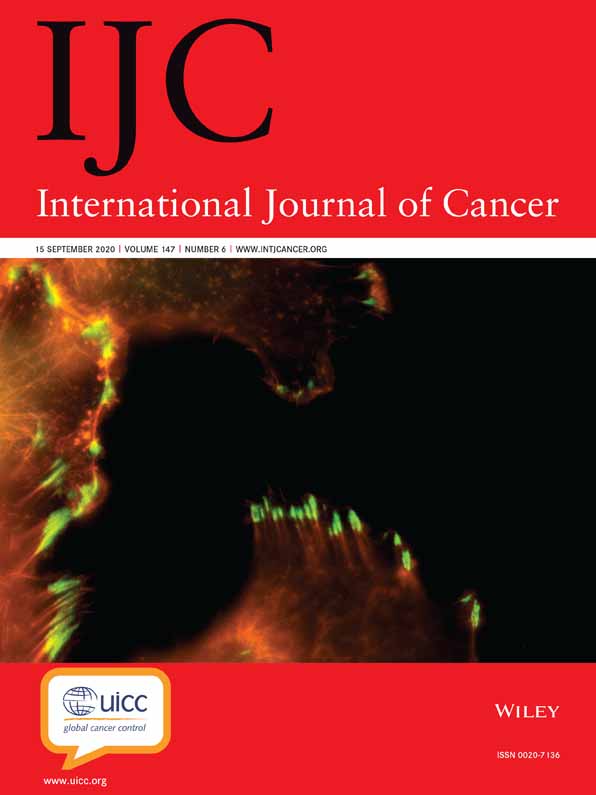Therapeutic targeting of soluble CD146/MCAM with the M2J-1 monoclonal antibody prevents metastasis development and procoagulant activity in CD146-positive invasive tumors
Abstract
Initially discovered in human melanoma, CD146/MCAM is expressed on many tumors and is correlated with cancer progression and metastasis. However, targeting CD146 remains challenging since it is also expressed on other cell types, as vessel cells, where it displays important physiological functions. We previously demonstrated that CD146 is shed as a soluble form (sCD146) that vectorizes the effects of membrane CD146 on tumor angiogenesis, growth and survival. We thus generated a novel monoclonal antibody, the M2J-1 mAb, which specifically targets sCD146, but not membrane CD146, and counteracts these effects. In our study, we analyzed the effects of sCD146 on the dissemination and the associated procoagulant phenotype in two highly invasive human CD146-positive cancer cell lines (ovarian and melanoma). Results show that sCD146 induced epithelial to mesenchymal transition, favored the generation of cancer stem cells and increased the membrane expression of tissue factor. Treatment of cancer cells with sCD146 in two experimental models (subcutaneous xenografting and intracardiac injection of cancer cells in nude mice) led to increased tumor dissemination and procoagulant activity. The M2J-1 mAb drastically reduced metastasis but also procoagulant activity, in particular by decreasing the number of circulating tumor microparticles, and blocked the relevant signaling pathways as demonstrated by RNA expression profiling experiments. Thus, our findings demonstrate that sCD146 mediates important pro-metastatic and procoagulant effects in two CD146-positive tumors. Targeting sCD146 with the newly generated M2J-1 mAb could constitute an innovative strategy for preventing dissemination and thromboembolism in many CD146-positive tumors.
Abstract
What's new?
The transmembrane CD146 glycoprotein is expressed by a variety of cancer cell types and is correlated with poor cancer prognosis and tumor aggressiveness. Its expression further is associated with epithelial-to-mesenchymal transition (EMT) and tumor metastasis. Here, soluble CD146, shed from membrane-anchored CD146, was found to be highly secreted by CD146-positive tumors and to induce EMT, cancer stem cell generation, and tissue factor expression in cancer cells. These effects were blocked by M2J-1 mAb, a novel antisoluble CD146 antibody. M2J-1 mAb could thus constitute a new therapeutic option to prevent tumor dissemination and procoagulant activity in many invasive CD146-positive cancers.
Conflict of interest
The authors declare no competing financial.




